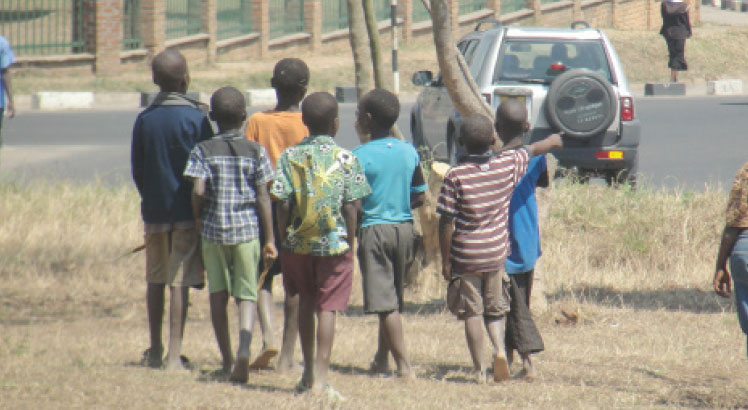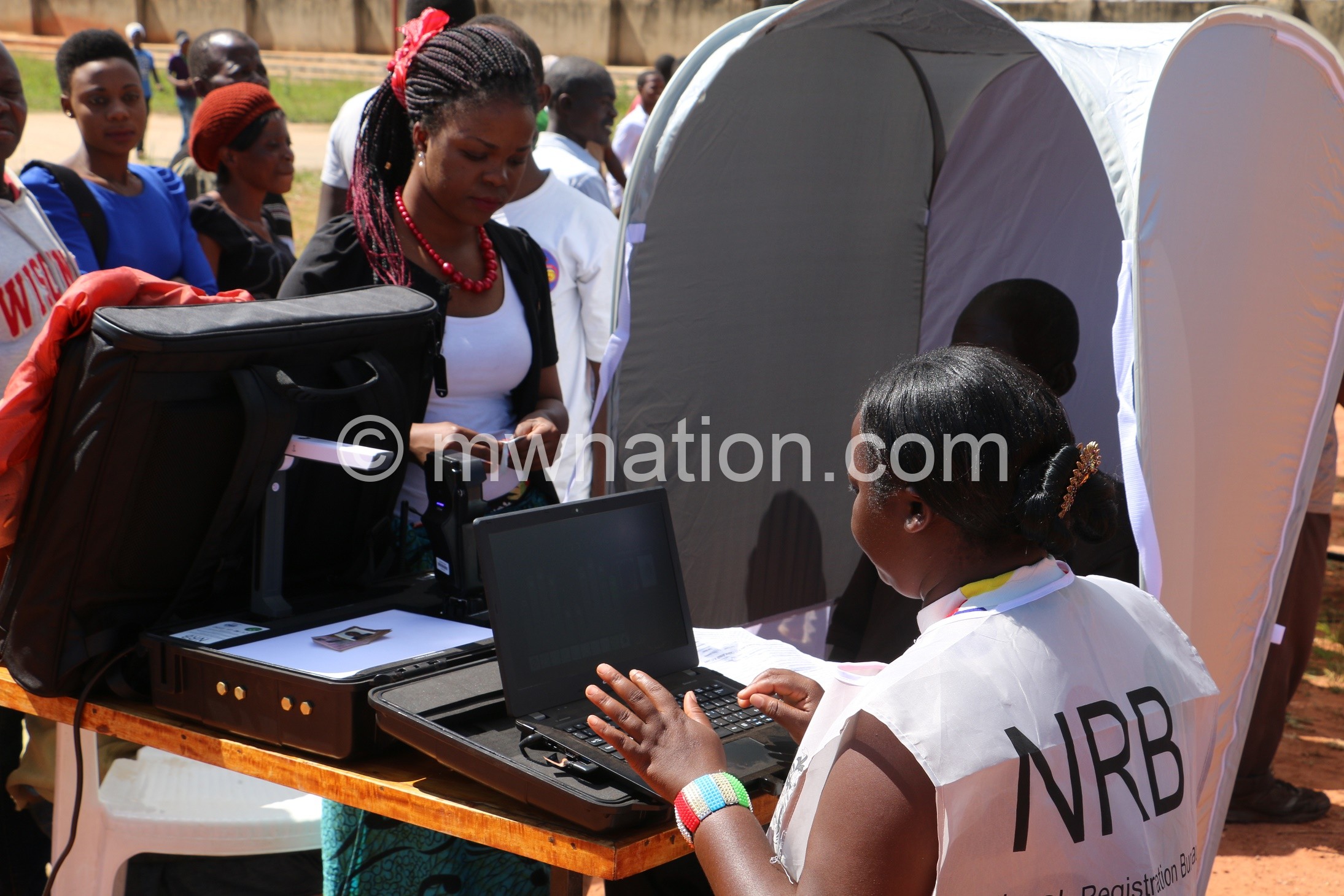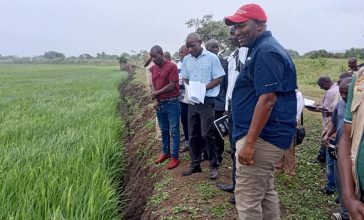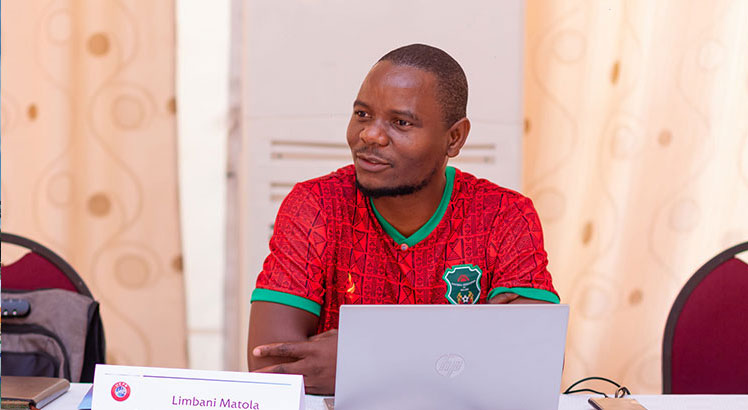Germany challenges Malawi on human rights
The Germany Government has challenged Malawi to take advantage of its election to the United Nations (UN) Human Rights Council to aggressively promote human rights for all in the country.
Germany said it believed that promotion of human rights, including the elimination of child labour in the tobacco sector, is critical to the Malawi economy because tobacco remains the mainstay with a projected contribution of 60 percent in foreign exchange earnings.
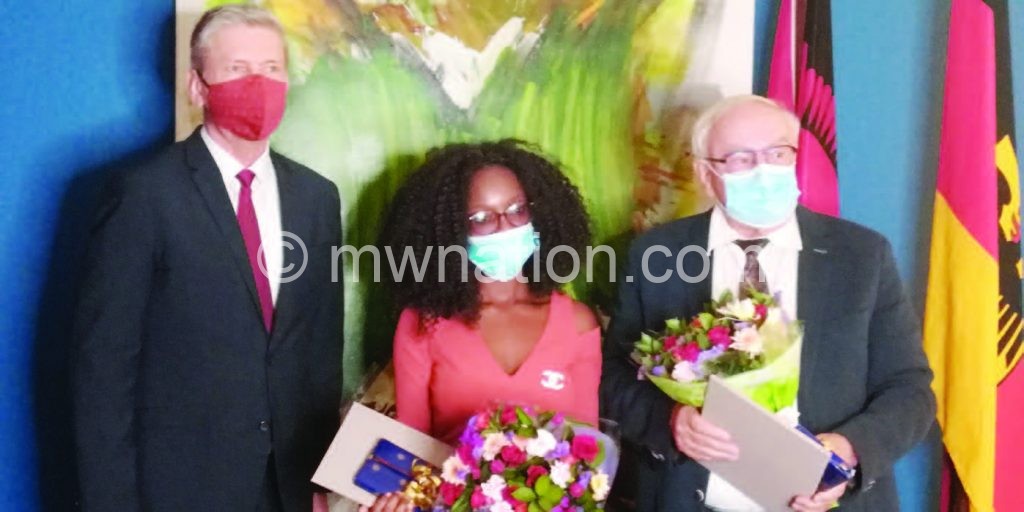
Germany Ambassador Jurgen Borsch expressed the sentiments on Thursday as part of the International Human Rights Day commemoration which culminated in a semi-virtual ceremony of the Human Rights Award of the city of Weimar in Germany for Jose Kuppens and Felicia Monjeza.
Kuppens is former executive director of Centre for Social Concern (CfSC) while Monjeza works for Catholic Women’s Organisation. The two have been instrumental in fighting for child and women’s rights inthe tobacco sector which include elimination of child and forced labour and decent work.
Borsch noted that Malawi had only recently presented its Human Rights Situation to the United Nations and was elected to its Human Rights Council for the next three years (2021-2023).
He observed that the overwhelming support from 180 countries at the United Nations who voted for Malawi was both a motivation and a mission for Malawi being an important voice for the African continent in a common fight for human rights.
Said Borsch: “President Lazarus Chakwera has repeatedly reaffirmed his own and the government’s strong commitment to child rights. The President is an adamant fighter for human rights, specifically for the rights of children. The First Lady is a passionate champion to eliminate child marriages in Malawi.
“At this important point, we are confident that we can count on the unwavering support of the new government to address these critical issues. Germany and Malawi join forces in the fight against any violation of human rights, be it at home or abroad.”
He described Kuppens and Monjeza as the frontline of the important fight for the rights of children with a strong focus on girls in rural areas by giving them a voice, a right to education, to equal opportunities, to a self determined life, leading the way out of poverty.
In the context of Covid-19, Borsch said Germany has seen a worrying increase of exploitation and gender-based violence, with over 40 000 registered teenage pregnancies and over 13 000 child marriages – a sharp increase of 35 percent compared to last year.
On her part, Monjeza said the violence is evident in the agro-based economy where women constitute 75 percent of subsistence farmers, yet do not have access or a say on the proceeds.
She said: “There is widespread abuse in the commercial crop farms where women are subjected to too much labour that does not correspond with the wages they receive, and are not accorded maternity-related leaves that they rightfully deserve.”
While stating that the award will energise him to continue advocating for the weak and vulnerable in society, Kuppens expressed worry that though the violations of human rights, especially child and forced labour in tobacco is reducing, a lot needs to be done to ensure a complete elimination of the vice.
Speaking virtually from Germany, Human Rights Award of the city of Weimar president Pfarrer Dirk Bingener expressed concern with reports of inhuman and exploitative working conditions on the tobacco plantations in Malawi.
He said the conditions pose health risks to workers from the toxic effects of tobacco leaves and the risks to girls and women of becoming victims of sexual violence and exploitation on the tobacco plantations.
In October, Malawi was elected into the United Nations Human Rights Council with 180 votes out of about 190 votes in the secret ballot. Each nation sitting on the council is charged with the responsibility of promoting and protecting human rights.
The Germany Government’s comments follow concerns of child and forced labour in the tobacco sector which influenced the implementation of the World Release Order last growing season by the United States of America Government on Malawi’s tobacco.
Meanwhile, authorities are working to ensure child labour free tobacco production in compliance with international standards using the Tobacco Industry Act.


